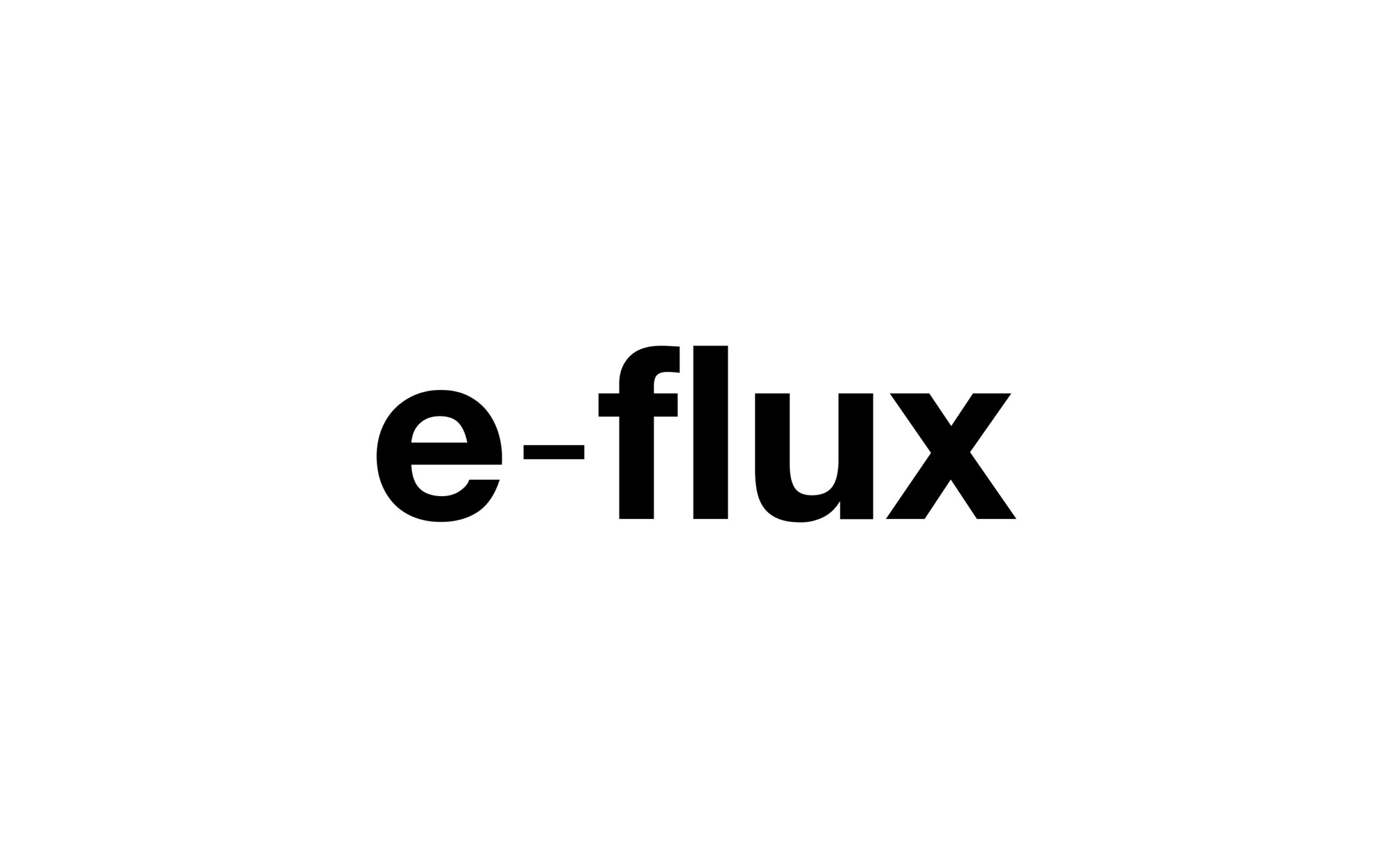Elena Vogman
Tamar Guimarães and Kasper Akhøj, Captain Gervasio’s Family, still, 2013/2014. Commissioned for the 55th Venice Biennale, “Il Palazzo Enciclopedico,” and the 31st Sao Paulo Biennale, “How to (…) things that don’t exist.” Courtesy of the artists; Fortes D’Aloia & Gabriel, Sao Paulo; and Ellen De Bruijne Projects, Amsterdam.
Notes
1
See the detailed analysis of this Lozerien screening in Séverine Graff, Le cinéma-vérité: Films et controverses (Presses Universitaires de Rennes, 2014), 171–73.
2
Graff, Le cinéma-vérité, 172.
3
Regarding La Borde, see also the recent solo exhibition of Pain, “François Pain, Psychiatry Is What Psychiatrists Do” at JOAN, Los Angeles (February 21 through May 17, 2025), curated by Perwana Nazif; and Everybody Wants to Be a Fascist: Institutional Psychotherapy as a Resistance Movement by François Pain, ed. Perwana Nazif (Semiotext(e), 2025).
4
Max Lafont, L’extermination douce: La cause des fous, 40000 malades mentaux morts de faim dans les hôpitaux de Vichy (Éditions du Bord de l’eau, 2000).
5
See also Francesc Tosquelles: Avant-Garde Psychiatry, Radical Politics, and Art, ed. Carles Guerra et al. (American Folk Art Museum, 2024).
6
Félix Guattari, Psychoanalysis and Transversality: Texts and Interviews 1955–1971, trans. Ames Hodges (Semiotext(e), 2015), 60.
7
Jacques Lacan, “The Problem of Style and the Psychiatric Conception of Paranoiac Forms of Experience,” Critical Texts: A Review of Theory and Criticism 5, no. 3 (1988): 4.
8
Lacan, “The Problem of Style.”
9
François Tosquelles, Le vécu de la fin du monde dans la folie: Le témoignage de Gérard de Nerval (Jérôme Millon, 2012), 51.
10
Sigmund Freud, “The Case of Schreber,” in Standard Edition of the Complete Psychological Works, vol. 12 (1911–13) (Hogarth Press and the Institute of Psycho-Analysis, 1964), 68.
11
Freud, “Case of Schreber,” 71.
12
Tosquelles, Le vécu de la fin, 92.
13
Kurt Goldstein, The Organism (Zone Books, 1995), 334. Goldstein’s book contains a very insightful critique of the Freudian theory of culture: “But in no way could one claim that this ‘ordered’ world, which culture represents, is the product of anxiety, the result of the desire to avoid anxiety, as Freud conceives culture as sublimation of the repressed drives. This would mean a complete misapprehension of the creative trend of human nature and at the same time would leave completely unintelligible why the world was formed in these specific patterns … This tendency toward actualization is primal; but it can effect itself only in conflicting with, and in struggling against, the opposing forces of the environment. This never happens without shock and anxiety” (239).
14
Goldstein, The Organism, 392. See also Stefanos Geroulanos and Todd Meyers, The Human Body in the Age of Catastrophe: Brittleness, Integration, Science, and the Great War (University of Chicago Press, 2018).
15
Tosquelles, Le vécu, 95. See also Mateo Pasquinelli and Elena Vogman, “Catastrophe and Schizophrenia: Curing the Institution in a War Shattered World,” in Fragments of Repair, ed. Kader Attia, Maria Hlavajova, and Wietske Maas (Jap Sam Books, 2025).
16
Tosquelles, Le vécu de la fin, 95.
17
Tosquelles, Le vécu de la fin, 98.
18
Lucien Bonnafé et al., “Valeur de la théorie de la forme en Psychiatrie: La dialectique du Moi et du Monde et l’événement morbide,” Annales Médico-Psychologique 103, no. 2 (1945): 280. See also Camille Robcis, Disalienation: Politics, Philosophy, and Radical Psychiatry in Postwar France (University of Chicago Press, 2021).
19
François Tosquelles, Le travail thérapeutique à l’hôpital psychiatrique (Éditions du Scarabée, 1967), 40. Jean Oury, “The Hospital Is Ill,” interview by Mauricio Novello and David Reggio, Radical Philosophy, no. 143 (May–June 2007): 35.
20
See Mireille Berton, “Regard sur la folie: poétique et politique de la folie et du cinéma,” Décadrages, no. 18 (2011); and Perwana Nazif, “Filming in and of the Asylum: French Radical Psychiatry on Screen,” Notebook, MUBI, July 2024.
21
François Toquelles, “Regards sur la folie,” 1961. I want to thank Jacques Tosquellas for sharing with me this yet-unpublished text.
22
Jean Laplanche and Jean-Bertrand Pontalis, The Language of Psychoanalysis (Karnac Books, 1988), 455.
23
Pierre Delion, La constellation transférentielle (Éditions érès, 2022), 23.
24
François Tosquelles, “Les retrouvailles: Sèvres (1957–58),” Recherches: Histoire de la psychiatrie de secteur ou le secteur impossible?, no. 17 (1975): 176.
25
My thanks to Tosquelles scholar and curator Joana Masó for highlighting this notion.
26
Félix Guattari, “The Poor Man’s Couch,” in Chaosophy: Texts and Interviews 1972–1977, ed. Sylvère Lotringer (Semiotext(e), 1995), 262.
27
Guattari, “Poor Man’s Couch,” 262.
28
Guattari, “Poor Man’s Couch,” 263.
29
Guattari, “Poor Man’s Couch,” 267.
© 2025 e-flux and the author
